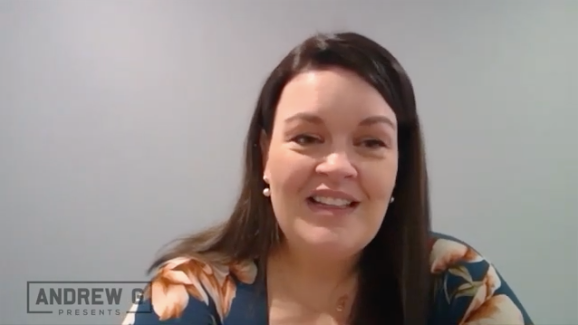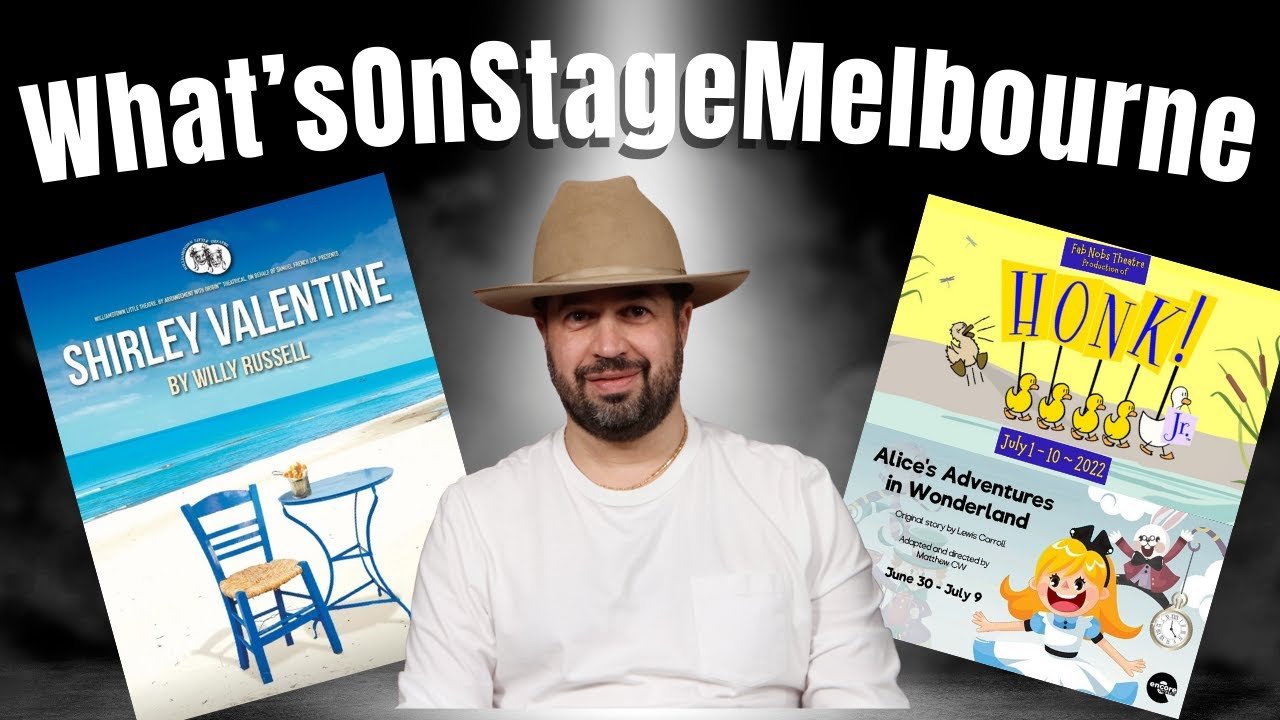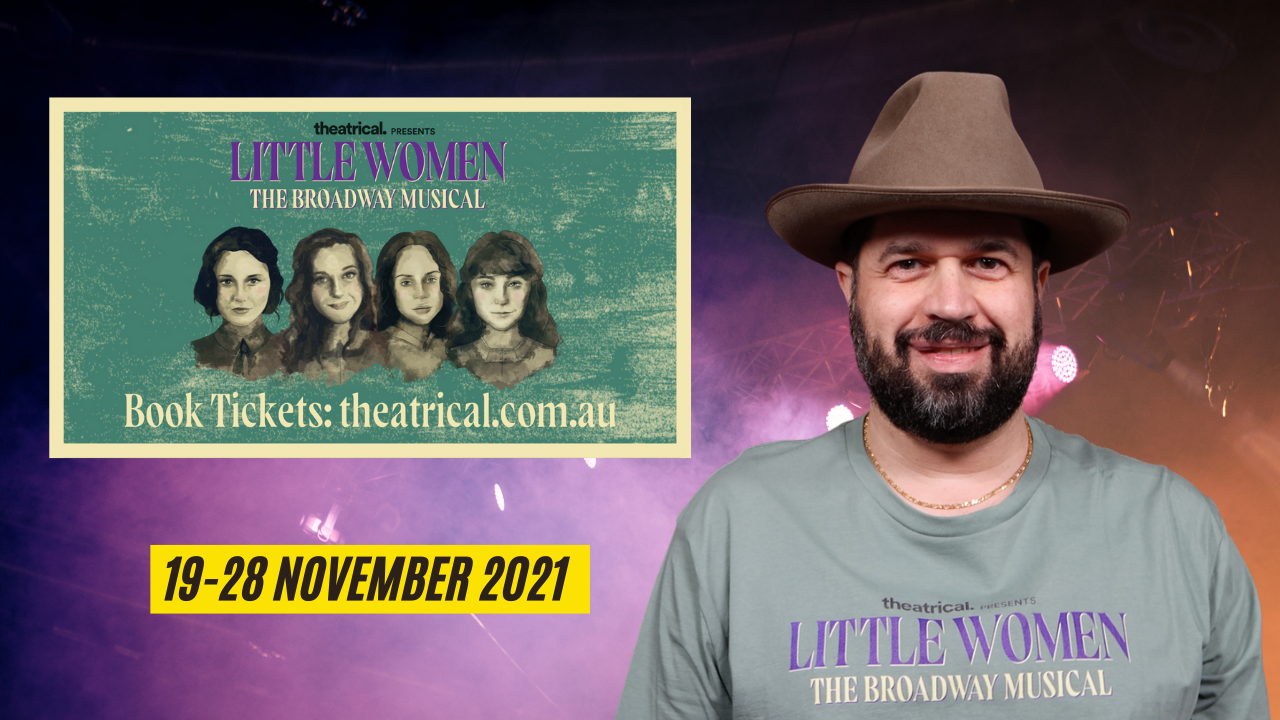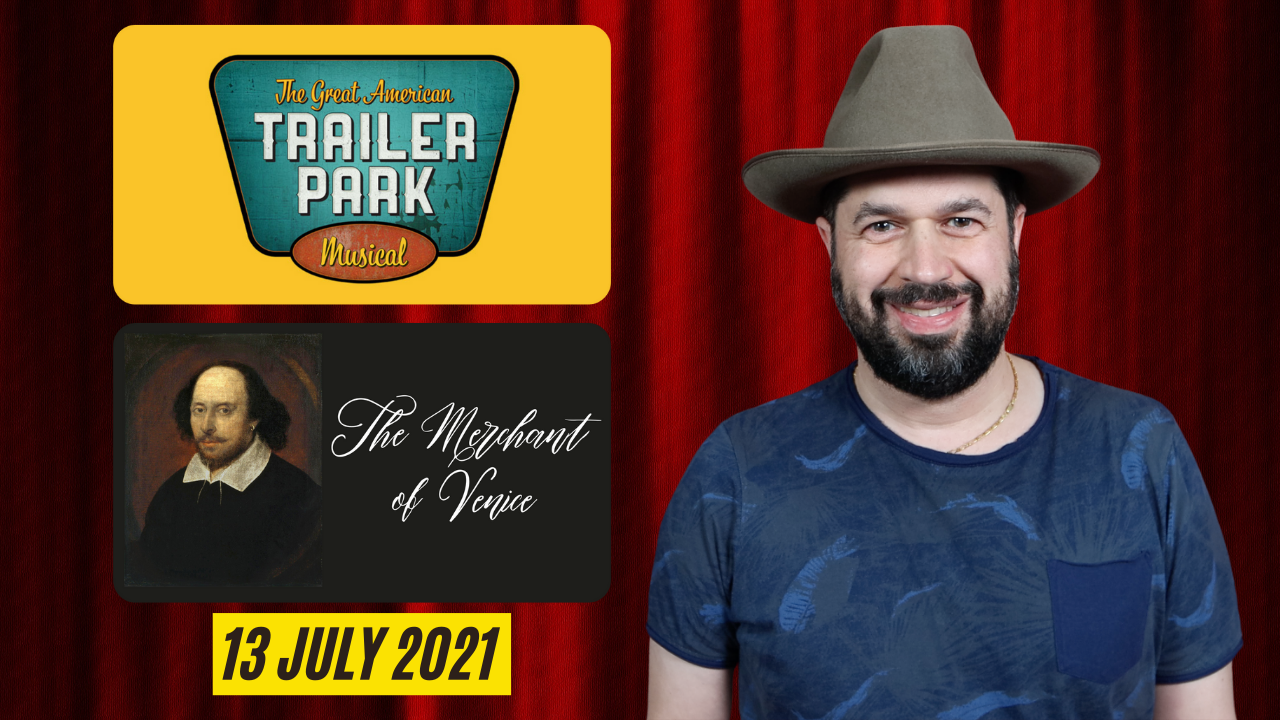Ang Cuy is the President of the Musical Theatre Guild of Victoria, a life member and committee member of Williamstown Musical Theatre Company and an advocate for volunteering.
Why is volunteering important?
Look, volunteering is important for so many reasons. But I really tend to look at volunteering from a two pronged approach. What does the volunteer get out of it? And what does the community get out of it to the person to meet Sorry, I think that traditionally, people assume that volunteering is completely altruistic and that people do it absolutely out of the kindness of their heart. And, you know, there’s nothing in it for them and it’s purely for the good of the community and there’s definitely good for the community in it. But there’s also huge benefits for the person that’s volunteering as well. The amazing outcomes of volunteers is they get social connection, they get a sense of achievement. They have a sense of purpose. This skill development that happens through volunteering, you know, it’s a great resume builder. You know, the impact that it has on some communities that are often either disconnect or marginalise is enormous. You know, so, on one side, you’ve got his great impact on the individual, the person who’s volunteering gets huge, huge benefit from it. And then the impact of the volunteer has on the community. There are so many things that would never get done without volunteers. You know, there’s, you only need to look at a theatre community for one. I think people often stop and really think about the fact that particularly the amateur and community theatre community in Melbourne and throughout Victoria is completely operated by volunteers. And we think about not only our committees but our crews, our production teams are behind Scenes people, you know, in front of house people, all the parents that work with the junior companies, all that kind of stuff. It’s all volunteer driven. It’s all people giving their time.
Who’s the Theatre Company’s customer? Is it the volunteers or is it the ticket paying audience?
I think it’s both. I don’t think you can have one without the other. Customers pay for a ticket. But what the volunteers do in a theatre company, if you were to put a dollar value on that it far outstrips what the customer ticket price is. If you look at the latest ABS statistics on volunteering, the value of a volunteer hour in dollar terms, and it’s not the best way to measure it, but in dollar terms, is about 40 to $43 an hour, whilst they might not traditionally be customers as such, we’ve got to think about what we’re doing to Not only recruit the right people, but retain them and treat them really well. We need to treat them as well as we treat our paying patrons. Because we need both in order for us to survive, we can’t do things without our audience, but we also can’t do theatre without volunteers.
How did you get into community theatre?
I did a lot of student theatre. And then when I finished uni, I was looking for a way to continue in the theatre, so I did a lot of straight theatre for a long time. And I’m not meant to admit that as the president of Music Theatre Guild, but I spent a lot a lot of time in straight theatre. At the same time that I was singing in a lot of pub bands, and then at some points, I went, hey, you know, you can do both of those things at once. I went on musical theatre. I think my first foray into community theatre was helping with some script writing for pantomime someone had asked for a bit of assistance on and there had been someone drop out of the cast at the last minute and they needed a replacement. So I found myself in the cast of a panto about 180 years ago, and I haven’t looked back since.
What would you say to someone that’s thinking about getting into community theatre today watching this right now?
I would say give it a go, absolutely give it a go. I get asked this question a lot. Because people know the different hats I wear in community theatre.
I think the audition process is the scariest thing for people, you know, because often to even get your foot in the door, you’ve got to get through that audition. I always say to people just do it. What’s the worst thing that can happen? You don’t get it, you try again. But the best thing that could happen is you can find your tribe and I think that that’s what everyone’s really looking for in life. You know, if you can find a group of like minded people that have the same brand of weird as you are then you’ve got it made.
What I was talking about earlier with volunteering, it’s about connection to community. The reason that we’re all there is because it’s community, because we’re connecting to people who have the same passion that we do, or just enjoy the same kind of things that we do, or maybe share the same sense of humour that we might do or whatever else it might be, there’s something about the way we connect with each other, that convinces us that giving up three nights a week for months on end is a good idea.
It’s because of the joy that we get out of the time we spend with each other and this amazing thing we create at the end of it, but the lifelong community that it creates for people is beautiful. Being able to come across someone who regardless of whether you’ve done a show with them or not, is part of the theatre community.
So for someone who’s looking for creative outlet or looking for community connection the theatre community is really a really great way to get your foot in that door. I couldn’t encourage it more.
I know sometimes it’s a bit scary because people tend to question if they are good enough to do that, or if that’s their thing or not, so just try it. What’s the worst that could happen? And there’s a gajillion things in theatre that that can work like, you know, whether it’s a visually creative pace or a musically creative pace or those those incredible people in theatre, who are just those those project managers, you know, who have those great logistical minds who make all of the things come together, you know, or that person who’s at the front of house who every single person that comes to your shows knows that person because they see them every single time, you know, and they’re the person that makes the community feel really welcome. They walk in the door. Like, there’s so many things that are just just as valuable as the you know, the person who’s standing on stage, if not more so, you know, Michigan taking over shaft to show as opposed to some cast members who can who can come and go, you know, I think it’s the it’s the big machine that creates the community.
All of the theatres are shut down at the moment. All the Melbourne theatre companies have postponed shows for most, if not all of 2020. What do you think’s going to happen long term to community theatre?
Look, I tend to be a really optimistic person. That’s part of my makeup. I truly believe that when athletes are ready to open our audiences are going to be ready to come back. For so many of us theatre is a community it’s an outlet. It’s the thing that we do to balance out the other parts of our life that might not be as fun or as enjoyable and more about Is everyone okay, in the meantime You know, how we staying connected with our people, how we staying connected with our theatre community. We just we just need to take care of each other. I know that different theatre companies are in different, whether they’re feeling secure or not secure from a financial perspective. And I think that’s something for us to be really considerate of as well. We need to have a broader conversation around how do we keep our theatre community going. Is there work that we can be doing collectively to advocate for community theatre so that it’s not lost in the conversation?
We’ve seen some really beautiful things come out of this period of time. I think that people have found really creative ways to showcase what it is that we normally do. There have been productions that we’ve been able to watch online that people would never get access to normally. There’s been some really exciting and really generous sharing of content and sharing of creative output and little projects that come together because people are looking for an outlet. One of the things that I’ve really enjoyed watching is the Sunday night Zoom musicals that have been put together by the Musical Mugwumps group, which has been a real highlighted to me that people will find a way to make things happen. You know, because that that creative outlet is necessary. You know, it’s healthy and necessary for people to still have a way to express themselves.






